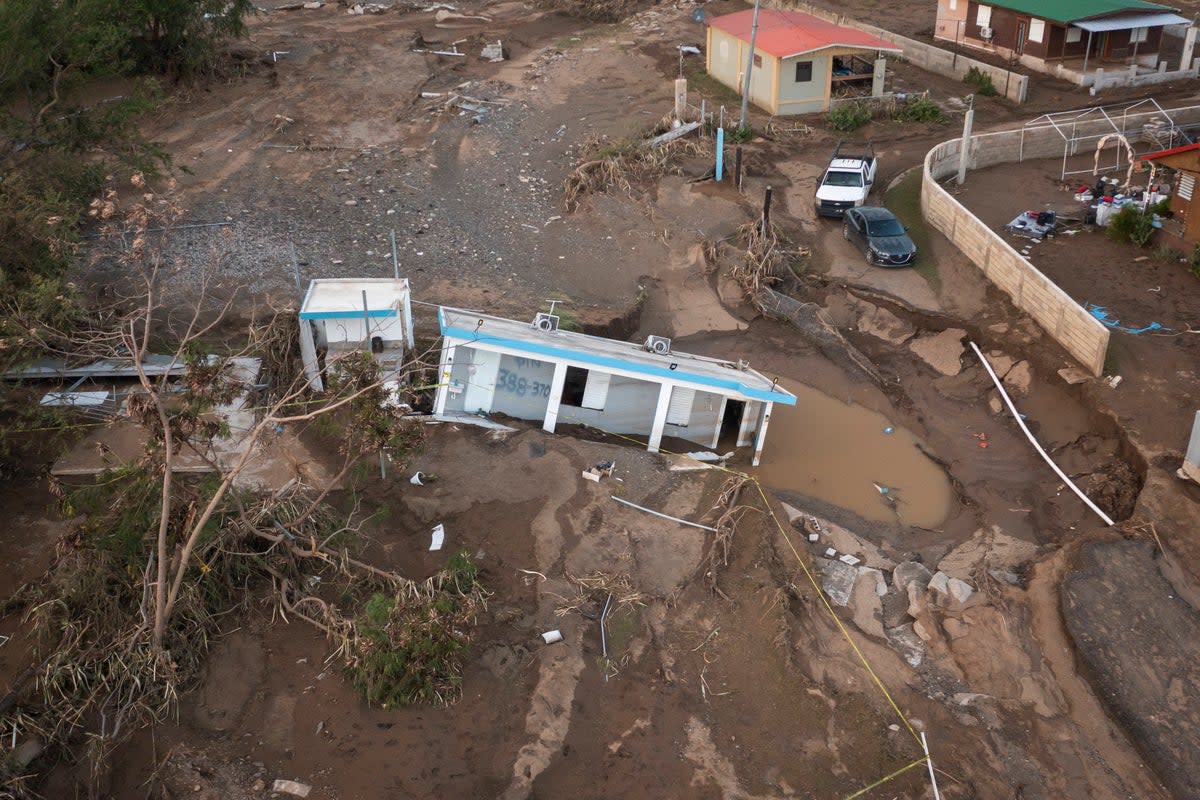Puerto Rico seeks U.S. waiver as diesel dwindles after storm

Puerto Rico’s governor on Tuesday requested that the U.S. government waive a federal law to allow for more fuel shipments to the island amid concerns over a dwindling supply of diesel in the wake of Hurricane Fiona.
Gov. Pedro Pierluisi warned that a shortage of fuel would affect public health, security and government functions in the U.S. territory.
“Diesel supplies continue to decrease at a higher rate than previously anticipated, and shortages have been reported around the island,” he wrote.
The law that Pierluisi references is the Merchant Marine Act of 1920, best known as the Jones act, which requires that all goods transported to Puerto Rico be aboard a ship built in the U.S., owned and crewed by U.S. citizens and flying the U.S. flag.
The law has been waived during previous storms, but U.S. President Joe Biden has not responded to Pierluisi's petition.
Pierluisi’s letter comes as a British Petroleum ship with 300,000 barrels of diesel floats off Puerto Rico’s southern coast since Sunday, awaiting entry.
A group of Puerto Rico legislators, including the president of the island's House of Representatives, were at a White House meeting with officials to urge a temporary waiver of the law amid concerns that elderly people could start dying like they did in the sweltering aftermath of Hurricane Maria, which struck as a Category 4 storm in September 2017.
“Every minute counts in an emergency,” said Puerto Rico Rep. Eddie Charbonier.
Local and federal official have long called for a permanent repeal of the Jones Act, saying it has driven up prices and crippled Puerto Rico’s economy.
Pierluisi asked Biden for a waiver limited to the shipment of petroleum-derived products and liquefied natural gas to at least nine specific ports around the island.
“This specifically targeted and temporary relief would allow Puerto Rico to diversity its fuel sources, ease supply constraints and mitigate the risk of a fuel shortage in the middle of the response to the emergency caused by Hurricane Fiona,” he wrote.
The Category 1 storm slammed into the island’s southwest region on Sept. 18, sparking an island-wide blackout. As of Tuesday, power had been restored to 69% of 1.47 million clients, driving up demand for diesel as businesses, government agencies and homeowners continue to rely on generators.
Government officials have not said when they expect to have power back for the entire island.

